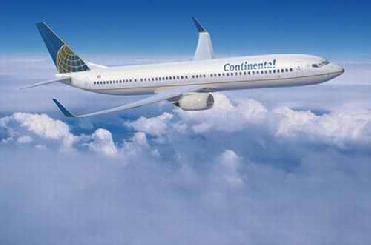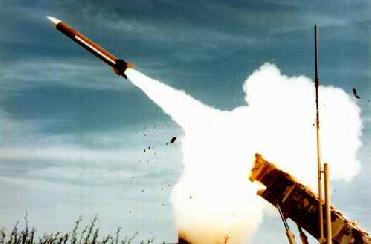
File photo of a Boeing 737 from the Continental fleet. Boeing image
WASHINGTON (BNS): Investigations into the crash of a Continental Airlines jet in Denver, US, last month has revealed that the aircraft was caught in strong crosswinds.
The Boeing 737-500 fell to the phenomenon called weather caning causing the aircraft to turn around from the tail. Investigators suspect that crosswinds might have brought the plane to a halt on the runway while taking off before it caught fire.
While wind patterns are the main suspect for the crash, investigators have not ruled out mechanical failures and human error as aircraft systems were still being checked for any irregularities.
Reports said the Denver airport witnessed strong winds up to 37 mph when the accident occurred. The twin engine aircraft had lined up for take-off and even though winds were strong, it was cleared to depart by ground controllers.
Investigators point out that the wind was one of the major factors of the crash as rudders may have become ineffective during the take-off, roll spinning aircraft out of control. In normal circumstances, aircrew should have been able to handle the strong winds.
Continental Airline flight 1404 met with an accident on December 20 as its nose gear came crashing down. The aircraft came to a halt 200 feet from the runway causing injuries to 37 people.
Aircraft manufacturer has told investigators that the plane was capable of withstanding strong gust of winds. The wind was strong but not enough to cause an accident, officials said.
A large number of Boeing 737s were involved in crashes last month raising a question mark on the flight safety of the aircraft. Boeing has introduced the New Generation of 737s but a large number of older versions of the successful twin engine platform are still operating all over the world.
The company claims that the aircraft were still safe to fly and the accidents were essentially blamed on the handling by carriers.
The Denver crash report, however, has not given a clean chit to the aircraft systems. The manufacturing defects, if any, were still being examined.
 Previous Article
Previous Article













The Indian Air Force, in its flight trials evaluation report submitted before the Defence Ministry l..
view articleAn insight into the Medium Multi-Role Combat Aircraft competition...
view articleSky enthusiasts can now spot the International Space Station (ISS) commanded by Indian-American astr..
view article